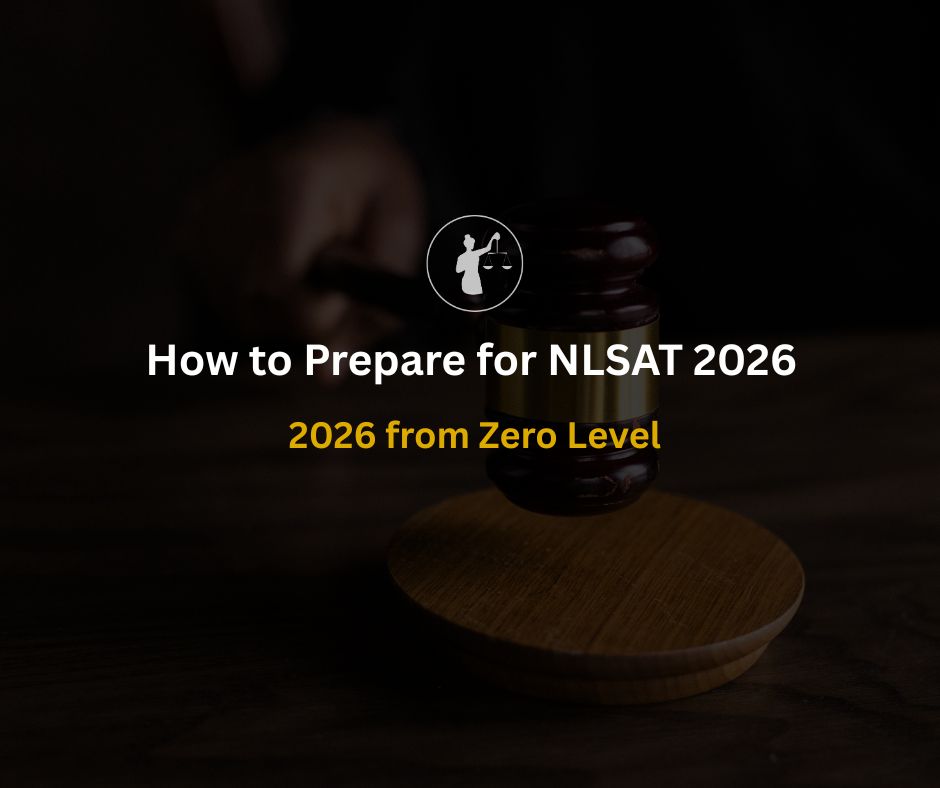
For aspirants targeting CUET PG DU LLB 2026, mastering the General Aptitude and Logical Reasoning section under COQP11 is crucial.
This section is often the most heavily weighted in the paper and plays a decisive role in determining your overall rank and chances of admission to prestigious institutions like the Faculty of Law, University of Delhi.
This detailed guide outlines effective strategies, topic breakdowns, and key resources to help you build a focused preparation plan.
Read More: Top Resources for CUET PG COQP11 2026
This section tests your awareness of both static and current events, especially those related to governance, law, economy, and society.
Key Topics
Indian Polity & Constitution: Fundamental Rights, Schedules, Amendments
Indian History: Ancient and Modern (e.g., Chalukyas, Cholas, National Movement)
Legal and Governmental Affairs: Recent Bills, Amendments, Welfare Schemes
Current Affairs: National, International, Judiciary, Environment
Awards & Honours: Dadasaheb Phalke, Arjuna Awards, Nobel Prizes
Geography, Culture & Literature
Economic and International Affairs
Preparation Strategy
Lucent’s GK: Cover static GK subjects like polity, history, and geography.Break the book into weekly sections and revise every Sunday.
Manorama Yearbook 2025: Focus on “India Year in Review,” sports, science, and national highlights.
PRS India & PIB: Use PRS blog summaries for legal and legislative updates.
Refer to PIB for government schemes and cabinet decisions.
Current Affairs Magazines: NLTI Digest or Vision IAS are reliable.
Use them to update a monthly GK notebook categorized by subject.
Weekly Revision: Maintain a current affairs log and review it every week.
Read More: CUET PG Syllabus for DU LLB COQP11
This section evaluates your numerical reasoning and ability to interpret quantitative data.
It requires strong fundamentals and consistent practice.
Important Topics
Arithmetic: Percentages, Profit & Loss, Time & Work, Simple & Compound Interest
Algebra: Simplification, Arithmetic Progression, LCM & HCF
Mensuration: Volume and Surface Area of cones, Cylinders, and spheres
Statistics: Mean, Median, Mode
Data Interpretation: Tables, Bar Graphs, Pie Charts, Caselets
Probability & Permutation–Combination
Trigonometry: Height and Distance
Preparation Strategy
Concept Building: Use R.S. Aggarwal for foundational clarity across all chapters.
Speed Practice: Use Rajesh Verma’s Fast Track Objective Arithmetic to master shortcuts and techniques.
Topic-Wise Practice: Target 2–3 chapters per week. Practice 20–25 questions daily.
Timed Practice: Solve graph and caselet DI sets every 3–4 days to build speed.
Full-Length Mock Tests: Take a complete Quant section test every 10 days to build stamina.
Formula Sheet: Maintain and revise a sheet with formulas and quick tips.
Logical Reasoning assesses your analytical skills, ability to identify patterns, and ability to draw logical conclusions under time pressure.
Core Topics
Series Number & Alphabet-based
Coding-Decoding
Blood Relations & Direction Sense
Syllogism and Cause-Effect
Statements and Conclusions
Visual Reasoning Mirror Images, Non-verbal Series
Seating Arrangements: Linear, Circular
Ranking, Puzzles, and Analogies
Preparation Strategy
Foundation First: Begin with R.S. Aggarwal’s A Modern Approach to Logical Reasoning.
Focus on understanding types of logic and pattern recognition.
Higher-Level Reasoning: Move on to M.K. Pandey’s Analytical Reasoning for in-depth puzzles,
critical thinking, and seating arrangements.
Practice Sets: Use CUET-specific online platforms such as NLTI or Testzone for timed MCQ sets.
Sectional Practice: Dedicate at least 2 days a week to solving only reasoning questions with time limits.
Mock Logs: Track errors and time spent per question to improve precision.
Read More: 6-Month CUET PG DU LLB 2026 Preparation Plan COQP11
Read More: CUET-PG DU LLB 2026: Complete Guide
Start Early: Begin your preparation 5–6 months before the exam.
Weekly Allocation:
Quantitative Aptitude: 3 days/week
Logical Reasoning: 2 days/week
GK & Current Affairs: 2 days/week
Monthly Targets:
Complete 3–4 full-length mock tests
Finish 5–6 chapters per subject
Revise previous mocks and update notes
Final Month Strategy:
Shift focus to practice tests, revision, and formula recall
Revise static GK and current affairs from your notebook
Q1. How important is general aptitude in CUET PG DU LLB COQP11?
A: General Aptitude forms the largest chunk of the paper, especially Quantitative Aptitude and Logical Reasoning.
Together, they carry more weight than any other section.
Q2. How much time should I spend on GK every week?
A: At least 3–4 hours weekly. Static GK should be revised periodically, and current affairs should be updated weekly via PRS/PIB and monthly digests.
Q3. Are mock tests necessary?
A: Absolutely. CUET PG is a speed-based test.
Mocks help build time management and highlight your weak areas under exam pressure.
Q4. Is legal reasoning part of COQP11 for DU LLB?
A: No, COQP11 focuses on general aptitude and GK.
Legal reasoning is not tested directly, unlike other law entrances such as CLAT PG or NLSAT.
Q5. What level of difficulty can I expect in quantitative aptitude?
A: The difficulty is moderate to lengthy. Some questions, particularly from Mensuration and DI, may be time-consuming.
Strong fundamentals and good time management are essential.
Q6. Is it necessary to study for Logical Reasoning separately if I’m good at Quant?
A: Yes. Logical Reasoning tests a different skill set pattern recognition, inference, and sequencing.
It should be prepared with dedicated material and timed practice.
Effective CUET PG DU LLB preparation under COQP11 is all about strategic allocation of time, consistent practice, and periodic self-evaluation.
With the right mix of resources and discipline, aspirants can confidently tackle the General Aptitude and Logical Reasoning section and significantly improve their admission prospects.





